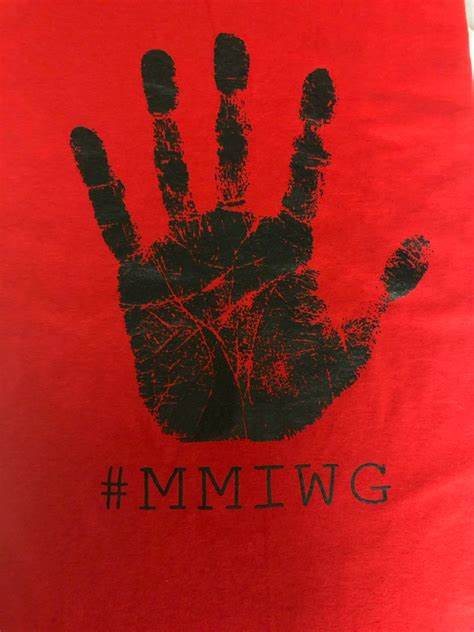Sheldon Oskineegish Sees Hope in New Initiative to Cut High Grocery Costs in Remote Communities
Sheldon Oskineegish, a resident of Nibinamik First Nation, located roughly 500 kilometers north of Thunder Bay, is all too familiar with the steep cost of groceries in northern communities.
“It’s like $300 to $500 for just a couple of bags of groceries,” he shared. “I don’t know if that’s manageable.”
Oskineegish is now part of an initiative aiming to tackle this issue. On Wednesday, he participated in a ceremony in Thunder Bay, where a sacred drum was awakened to celebrate the progress of a new program designed to reduce food costs for remote communities in northern Ontario and Manitoba.
The event was organized by the Wiiche’iwaymagon Buying Group, a coalition of over a dozen First Nations and food security organizations. This alliance, formalized last December through a historic memorandum of understanding, works to improve food sovereignty by buying groceries in bulk to reduce costs.
The project, supported by the Nutrition North Canada Harvesters Support Grant and the Community Food Programs Fund, impacts around 200,000 Indigenous people across more than 40 communities.
Tracey Willoughby, a member of Whitesand First Nation and a representative of Kiikenomaga Kikenjigewen Employment and Training Services (KKETS), one of the agreement’s signatories, highlighted the collaborative nature of the effort. “If there’s an emergency, we all come together, including the food banks. It’s like a domino effect with food and supports in the communities,” she said.
The memorandum of understanding includes 13 partners:
- Kiikenomaga Kikenjigewen Employment and Training Services (KKETS)
- Manitoba Keewatinowi Okimakanak
- Mushkegowuk Council
- Regional Food Distribution Association
- Food Banks Canada
- Feed Ontario
- Arctic Gateway LP
- Anishininew Okimawin / ILTC Inc.
- Southern Resource Development Council Corp.
- Sioux Lookout Area Aboriginal Management Board
- Harvest Manitoba
- Breakfast Club of Canada
- Second Harvest
More communities have also shown interest in joining the initiative, which Oskineegish says is already making an impact.
“I think this program is really beneficial for remote communities,” he said. “People are starting to become aware of it, and I’m looking forward to seeing it grow.”



